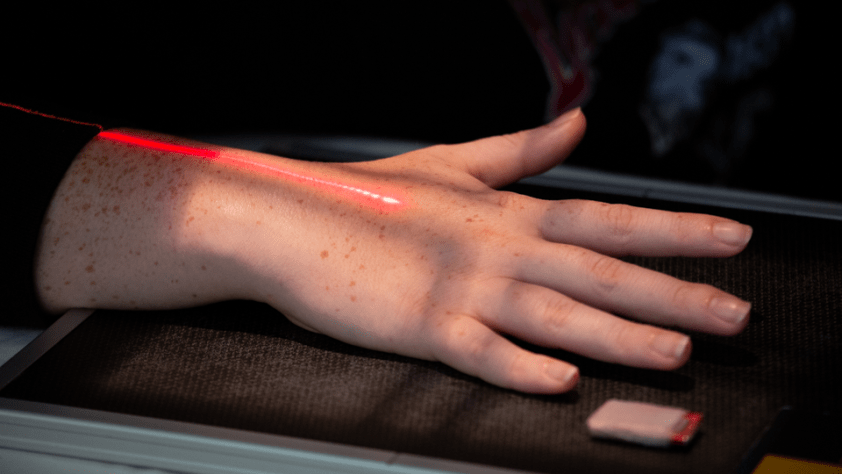
The art and science of using X-rays to produce diagnostic images of the human body.
Thank you for visiting the webpage for the ÂĚñÉç Associate Degree Radiography program! Virtually everything you may wish to know about the program is contained here. Please take just a few minutes to visit each topic and you'll find nearly all of your questions answered.
Learn more about general program information, admission, recommended course sequences and course requirements.
Applications for the class starting in June 2025 are being accepted until Friday, Feb. 7, 2025 at 5 p.m.
Degrees & Certs
ÂĚñÉç offers the following degree in radiography. Select the degree to read about required courses.
Job Outlook
Cost
Please note: All costs are subject to change with each semester. Please refer to the ÂĚñÉç Bookstore or the ÂĚñÉç Registration office for changes each semester.
Paying for college
Learn more about cost of attendance.
There are ways to get help paying for college. Learn more about paying for college.
Support available

The Pipeline for the Advancement of the Healthcare Workforce (PATH) program provides financial and other supports for occupations within the health care field. Learn more about PATH, including support services, programs and eligibility.
Start/Info Session
Classes in the Associate Degree Radiography program begin with the summer session each year.
If this is a career in which you are interested, be sure to do two things:
- Attend the next scheduled information session and fulfill this requirement for admission. All sessions begin at 5:00 p.m. and will be held virtually via Microsoft Teams. You must register in advance by emailing the program director. Please provide your name, email address and a contact number in case of cancellation. You will be emailed the link for the meeting along with a handout.
- Wednesday, June 12, 2024
- Wednesday, Sept. 18, 2024
- Wednesday, Nov. 20, 2024
- Wednesday, Jan. 15, 2025
- Make an appointment with the health professions student success coach by calling 217-786-2224. ÂĚñÉç Student Success is located in Menard Hall on the main campus.
To help ensure that students are successful, our program uses a selective admission process. Please note that applicants must complete this selective admission process in addition to the ÂĚñÉç general enrollment steps. To prepare for applying to the program, please follow the RAD application steps.
We hope to see you soon!
